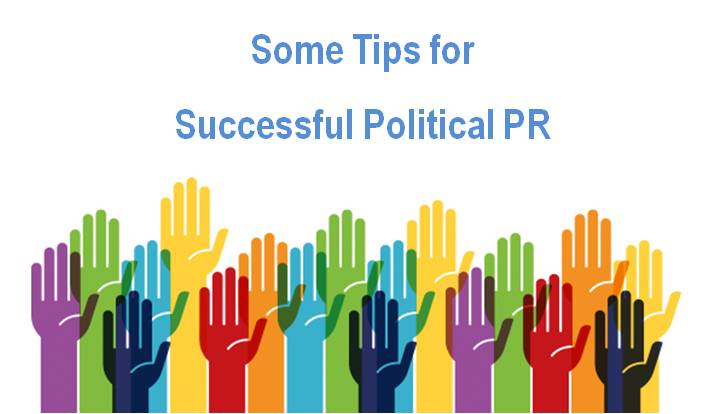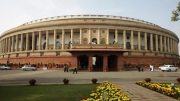With the elections taking centre-stage, all eyes are on the political drama that is being played out. The election plot is being unfolded in Punjab, Goa, Uttarakhand, Uttar Pradesh and Manipur. Politicians are involved in their action plans, with all parties joining in the fray.
At this point, political communication is in the spotlight. Political communicators are often accused of not serving the political interests of the general public and civil society; they are accused of being selfish, often focusing on their personal gains. These allegations may not be completely off the cuff, but political PR is not always about ‘spin’ and ‘propaganda’.
Political PR professionals are taken to task for trying to control the information that is released; sometimes they are accused of twisting the message – to ensure that the interests of the government are served. On the one hand, PR professionals should cater to meet public expectations for greater transparency; but on the other hand, managing political communications requires careful planning, because sensitive issues are concerned.
The media may often accuse political communicators of twisting the truth or hiding important facts. It is often hard to believe that their personal judgment on the political performance is completely impartial. However their role as mediators between the general public and the politician is important – for maintaining the balance in the political system.
It is a fact that people perceive Political PR as a form of modern propaganda and manipulation. But, the truth is that, if used sensibly, it could considerably improve the communication process between the government and the general public. Most importantly, PR’s goal is to build “trust” and improve the relationships, based on mutual understanding – in order to enhance the effectiveness of the political performance which will benefit all citizens.
Successful political campaigning: some points to consider
What we see around us is that there is a lack of trust in politicians. And, along with this, the electorate’s apathy really challenge PR professionals’ ability to engage the audience and win their support and ultimately, their votes. So, let’s take a look at what are the factors that affect the outcome of elections. What should we keep in mind in order to develop a successful election campaign?
Here are some points to consider:
- Brand building
A very important element of the political campaigning is creating the politician’s identity, or creating his/her brand; this is what brings in the differentiation, and makes him/her stand out in the crowd. The emergence of social media also brings about a change in the way politicians should communicate with the public. In order to reach the hearts and minds of the voters every politician should adopt a more personal approach to communication that highlights the human element and develop a reputation that would appeal to the audience. - Managing the message
The campaign message should be related to the people’s aspirations for a better life in the future. PM Modi’s tagline proclaiming “achhe din” convinced the Indian voters. Or Obama’s slogan ‘Yes we can’ and the campaign posters with the idea of peace corresponded to the voters’ need of change. These messages were also designed to appeal to the voters, who had the power to change the election output. - Internal communication
A vital factor which affects the election result is the good communication within the party. If the messages are not convincing, it can endanger the credibility of the party, which can lead to a drop in public trust. - Community engagement
Engaging communities is absolutely critical. What was so extraordinary about the BJP or Barack Obama’s campaign? Social media platforms were used not simply to communicate PM Modi’s or Obama’s message, but to connect the voters with each other and help them organise in local action communities. - Managing information and media
It is the PR professionals’ job to make sure that the information that gets out is in sync with the campaign message and the pre – election promises of the party. However, in the new media age, we have seen that it is hard to be in control of the message. But, on the other hand, engaging with the online communities gives PR professionals the power to build stronger relationships with the voters; plus, it helps them to connect directly with them on a more personal level.










Be the first to comment on "Tips for Political PR"